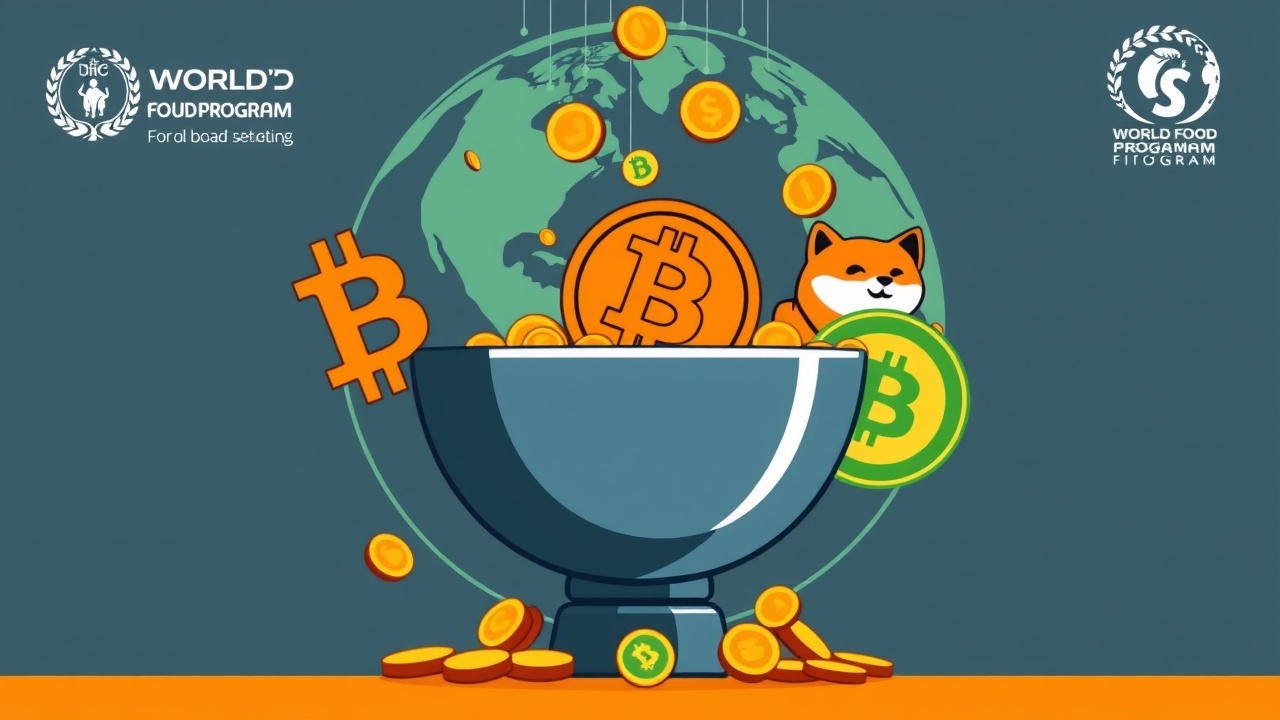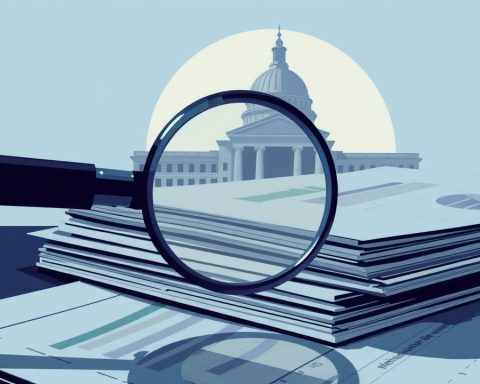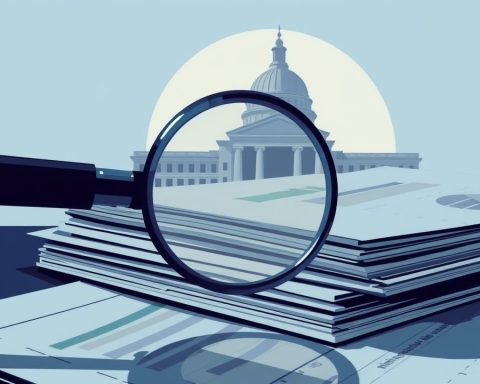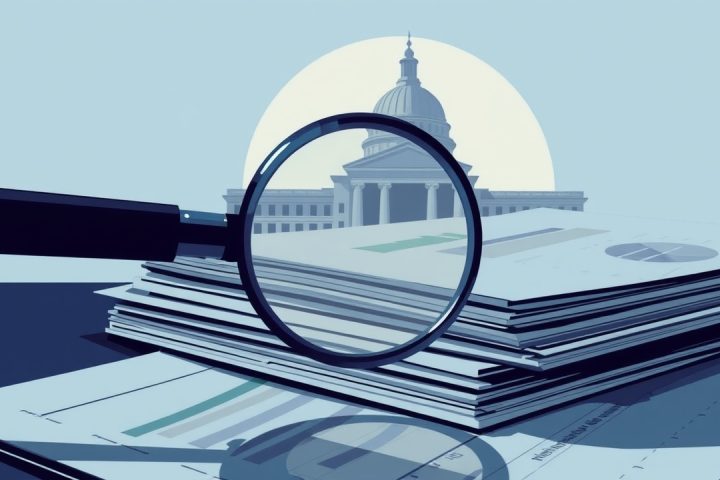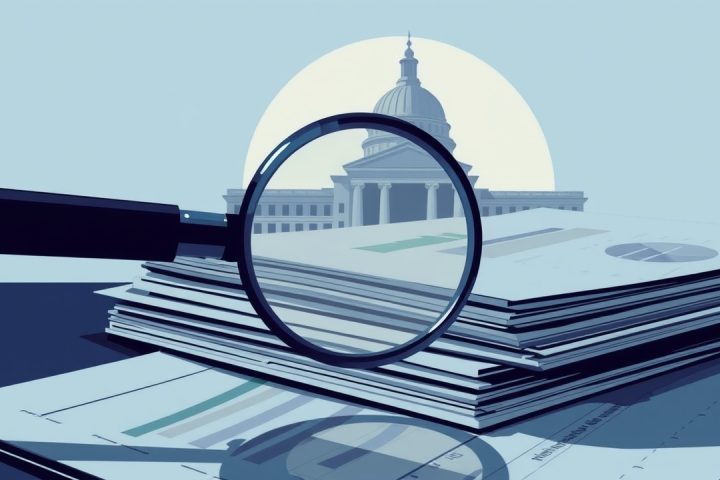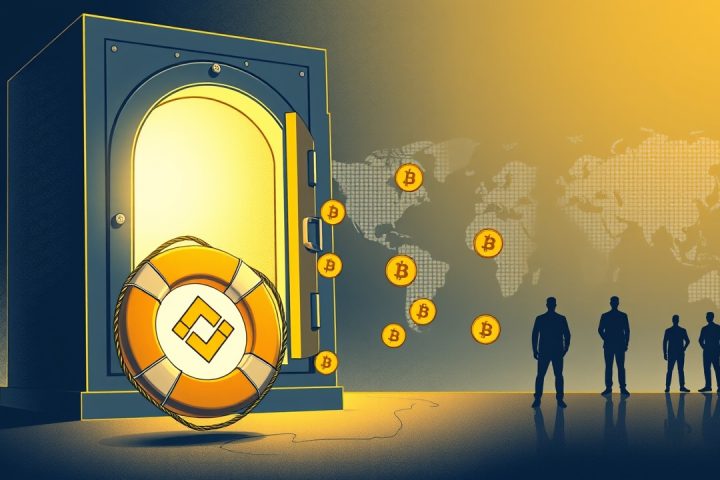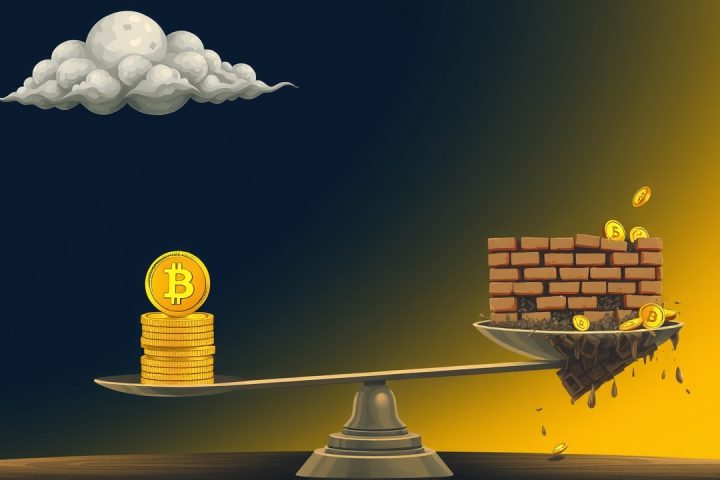WFP USA Broadens Cryptocurrency Donation Channels
The World Food Program USA (WFP USA) has broadened its channels for accepting donations, now allowing contributions in over 80 different cryptocurrencies. This range includes major digital currencies such as Bitcoin, Ethereum, and USDC, alongside others like Dogecoin, BONK, and ApeCoin. The initiative aims to raise $25 million through the Emergency Hunger Relief Fund, which is crucial for providing vital assistance to 58 million individuals facing starvation.
Background and Motivations
Founded in 1995, WFP USA operates independently while closely aligned with the United Nations World Food Programme. This latest move towards cryptocurrency donations comes in response to significant funding cuts from the Trump administration, which halted crucial UN food aid initiatives across 14 impoverished nations, including Yemen, Afghanistan, and Syria. Leaders within WFP have raised concerns, asserting that these funding reductions could have dire consequences for millions of vulnerable people.
Adapting to Modern Technologies
Dorota Amin, WFP USA’s chief philanthropy and partnerships officer, emphasized the importance of adapting to modern technologies amidst increasing pressures on traditional aid systems. She remarked,
“It’s not just a matter of choice but an essential evolution.”
The shrinking global humanitarian budgets coincide with escalating hunger crises, prompting WFP USA to engage a community of donors who are motivated to effect change.
Benefits of Cryptocurrency Donations
In addition to the humanitarian benefits, there are advantages for cryptocurrency donors, such as lower transaction fees, allowing a larger portion of their donations to directly support aid initiatives. Moreover, funds can be transferred quickly via blockchain, with processing times reduced to mere minutes. Contributions are also tax-deductible, providing donors a way to mitigate capital gains taxes.
Blockchain Technology in Aid Distribution
The larger UN World Food Programme has already integrated blockchain technology into its operations through the Building Blocks initiative, facilitating aid distribution directly to refugees via digital wallets. This method has reportedly decreased transaction costs by up to 98%, minimized fraud, and alleviated reliance on local banking institutions.
Future Funding Developments
In a recent development, the White House indicated intentions to restore some funding to the UN World Food Programme, as reported by Reuters, although it is seeking modifications to certain programs in specific countries.

